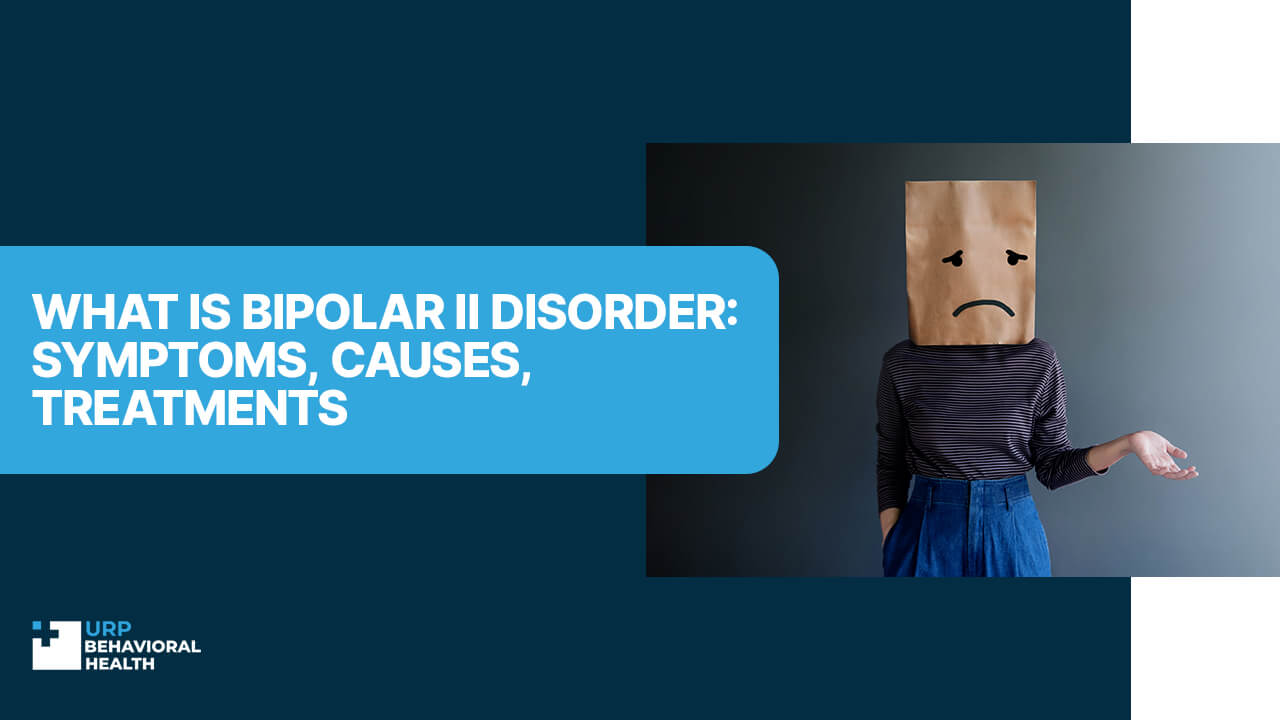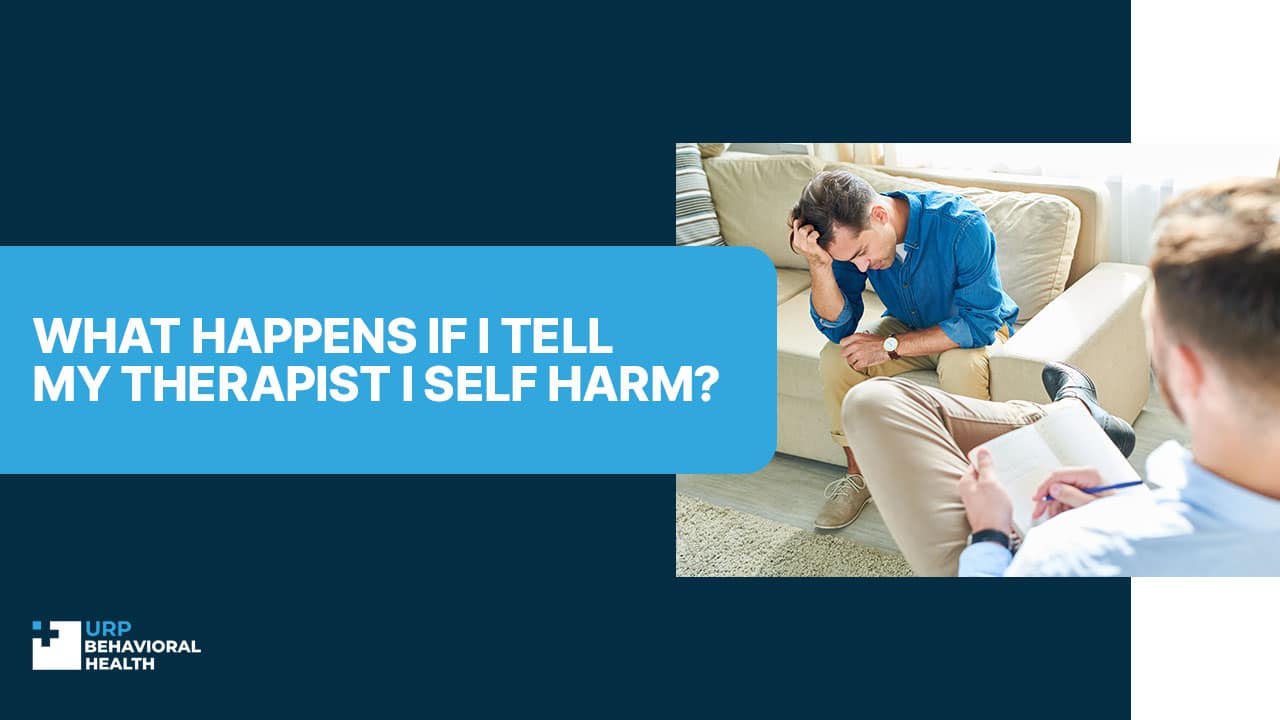
What is Bipolar II Disorder?
Bipolar II Disorder is a mental health condition characterized by periods of depression and hypomania, which is a less severe form of mania. Unlike Bipolar I Disorder, which involves full-blown manic episodes, type II bipolar disease features hypomanic episodes that are less intense but can still significantly impact an individual’s life. Understanding Bipolar II Disorder, including its causes, symptoms, and treatments, is crucial for effective management and improving the quality of life for those affected. There are also different bipolar two types that may influence how the disorder manifests in individuals.
What is Bipolar II Disorder?
Bipolar II Disorder is one of the two main types of bipolar disorder. It is defined by a pattern of depressive episodes and hypomanic episodes, but not the full-blown manic episodes typical of Bipolar I Disorder. Hypomania is characterized by elevated or irritable mood, increased activity or energy levels, and changes in behavior that are noticeable by others but not severe enough to cause significant impairment in social or occupational functioning or to necessitate hospitalization [1].
Don’t wait - confidential help is available right now for you or your loved one.
Causes and Risk Factors
The exact cause of Bipolar II Disorder is not fully understood, but it is believed to result from a combination of genetic, biological, and environmental factors.
Genetic Factors
Genetic factors have a major impact on the development of type II bipolar disorder. The likelihood of developing bipolar disorder is higher for individuals with a family history of the disorder. No single gene has been identified as the cause of bipolar disorder, but some researchers propose that a family with multiple genes may have a role in triggering the condition. [2].
Biological Factors
Biological factors, including chemical imbalances in the brain, are also thought to play a key role in Bipolar II Disorder. Neurotransmitters such as serotonin, dopamine, and norepinephrine, which are involved in regulating mood, may be imbalanced in individuals with bipolar disorder. This imbalance can lead to the mood swings characteristic of the disorder [3].
Environmental Factors
Environmental factors, including significant life changes, stress, and traumatic experiences, can trigger or exacerbate symptoms of type 2 bipolar disease. Stressful life events such as the loss of a loved one, job loss, or relationship issues can act as triggers for mood episodes in individuals predisposed to the condition [4].
Physical Factors
Bipolar II Disorder may also be a result of some physical health conditions, such as thyroiditis and neurological disorders. Mood dysregulation can be triggered by these conditions that can impact brain function. [5].
Bipolar II Signs & Symptoms
Bipolar Disorder disorder manifests as a combination of depressive and hypomanic episodes, which are rare and occasionally untreatable.
Depressive Episodes
- Persistent feelings of sadness or emptiness
- Loss of interest or pleasure in most activities
- Significant weight loss or gain
- Insomnia or excessive sleeping
- Fatigue or loss of energy
- Feelings of worthlessness or excessive guilt
- Difficulty concentrating or making decisions
- Recurrent thoughts of death or suicide [1]
Reach out today and let us create a treatment plan designed around your needs.
Hypomanic Episodes
- Elevated or irritable mood
- Increased activity or energy levels
- Decreased need for sleep
- Unusual talkativeness
- Racing thoughts or ideas
- Increased distractibility
- Engagement in risky behaviors (e.g., excessive spending, reckless driving)
- Inflated self-esteem or grandiosity [3]
Diagnosis
Diagnosis of Bipolar II Disorder Diagnosis is an objective clinical evaluation, encompassing a thorough medical and psychiatric history, initial visit history, physical examination, and appropriate testing methods. Diagnostic and symptom management specialists based on the DSM-5 criteria have been assigned to individuals diagnosed with Bipolar II Disorder by psychiatrists. Diagnostic tests typically require a history of at least one hypomanic episode and one major depressive episode, but not a history of any serious manic episodes [2].
Bipolar II Treatment
Above all, professionals should provide bipolar 2 disorder the necessary professional help to help people with the condition. The treatment provided for bipolar II Disorder may involve medication, but this is not the norm.
Psychotherapy
Psychotherapy, also known as talk therapy, is a crucial aspect of treatment for type 2 bipolar disorder. Especially effective techniques include cognitive-behavioral therapy (CBT), which can assist individuals in recognizing and modifying negative thought patterns and behaviors in relation to their perceived actions and reactions. IPSRT, a type of therapy that can address the issues of bipolar disorder, can stabilize the circadian rhythms of individuals and enhance the quality of interpersonal connections [3].
Lifestyle Modifications
Healthy habits can make a significant difference in the treatment of Bipolar II Disorder. By incorporating mindfulness and relaxation techniques, regular exercise, healthy eating habits, and adequate sleep, as well as sleep energizing and relaxing with clients, mood can be controlled. [4].
Support Systems
Individuals with Bipolar II Disorder should strive to build a strong support system for self-care. Included in this may be family members, friends, support groups, or mental health professionals. Support systems provide emotional support, help individuals adhere to treatment plans, and offer practical assistance during challenging times [3].
Professional Help
Medical treatment is necessary for diagnosis and management of Bipolar II Disorder, and help is often sought upon. Mental health professionals are able to offer comprehensive care, psychotherapy, lifestyle advice, medication management, and other services that help patients manage and prevent disease and its effects, provided by mental health experts. Follow-up appointments are mandatory to record treatment progress records and make any necessary adjustments to the treatment plan. [2]. At URP Behavioral Health, you will receive the best professional care. Our doctors will make sure you feel comfortable and recover as quickly as possible.
Conclusion
Bipolar Disorder, a complex disorder that causes depressive and hypomanic episodes, is a problematic and multifaceted issue that includes atypical behavior, severe bipolar disorder, and psychosocial issues. Successful management of the disorder involves understanding its causes, symptoms, and treatment options. If you or someone you know has bipolar two type, it is essential to see a mental health professional if you or someone you know has. Treatment and diagnosis of Bipolar II Disorder early on can result in a significant quality of life improvement, especially if symptoms are quickly and effectively evaluated and diagnosed early.
** Never self-diagnose yourself. Consult a doctor if you encounter comparable symptoms. This article contains general information that should not be relied upon in making any specific statements.
We’ll help you understand your options and guide you toward care.
Sources
- National Institute of Mental Health (NIMH). (2024). “Bipolar Disorder.” https://www.nimh.nih.gov/health/topics/bipolar-disorder
- American Psychiatric Association. (2024). “What Is Bipolar Disorder?” https://www.psychiatry.org/patients-families/bipolar-disorders/what-are-bipolar-disorders
- National Alliance on Mental Illness (NAMI). (2017). “Bipolar Disorder.” https://www.nami.org/About-Mental-Illness/Mental-Health-Conditions/Bipolar-Disorder
- Cerullo, M. A., & Strakowski, S. M. (2007). “The prevalence and significance of substance use disorders in bipolar type I and II disorder.” https://pubmed.ncbi.nlm.nih.gov/17908301/
- Bauer, M., & Whybrow, P. C. (2001). “Thyroid hormone, neural tissue, and mood modulation.” https://pubmed.ncbi.nlm.nih.gov/12587187/
















